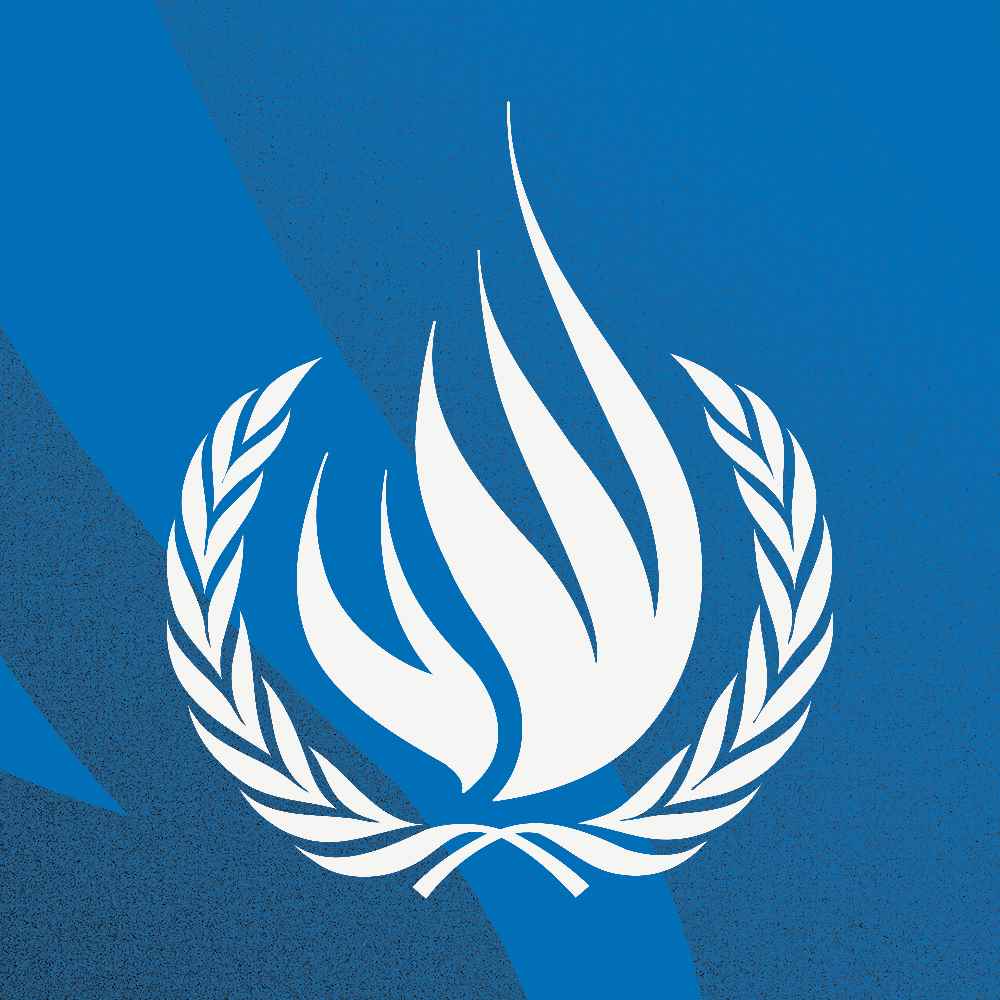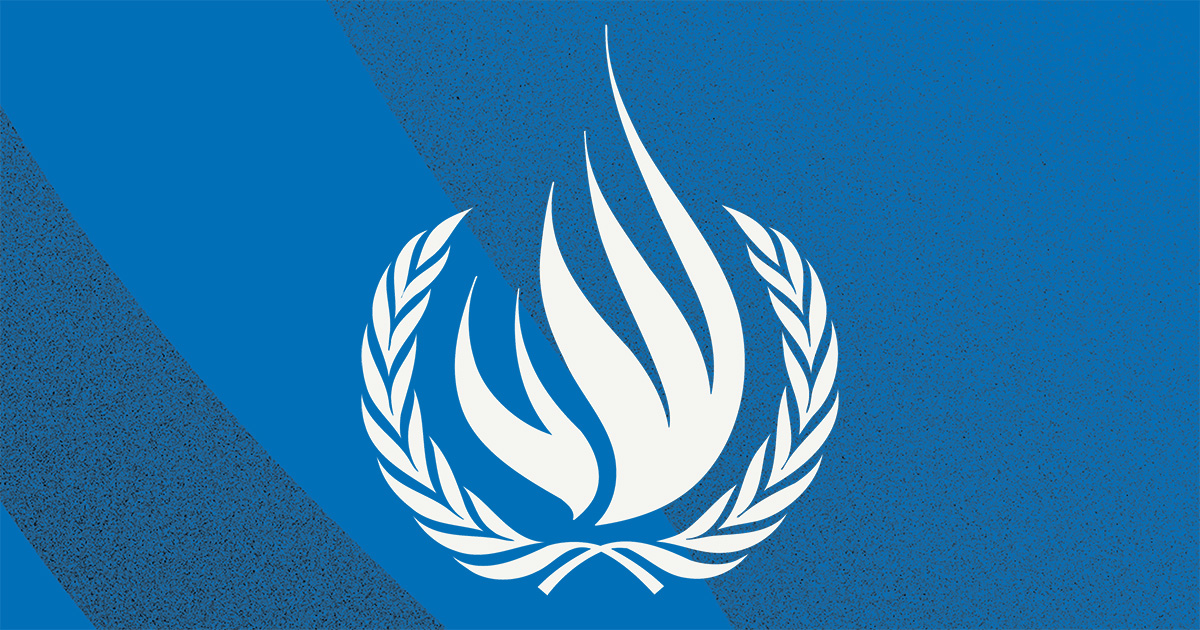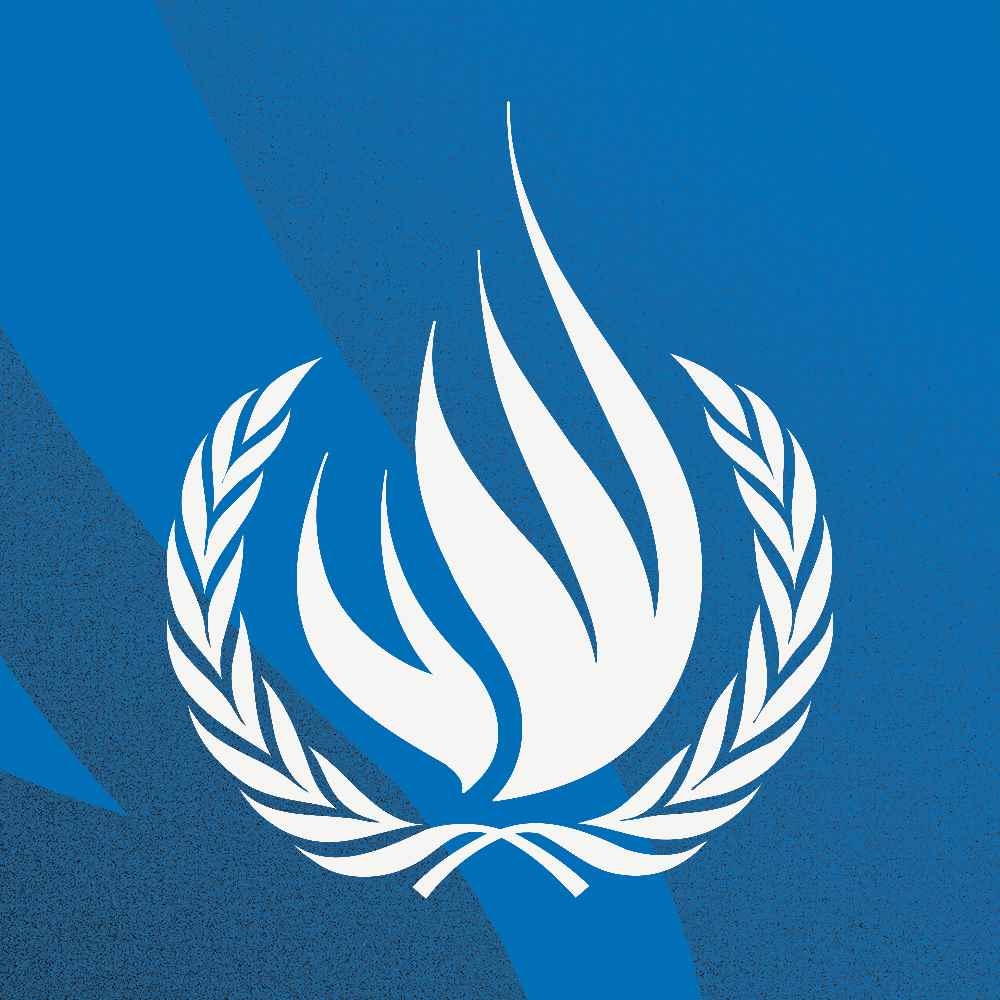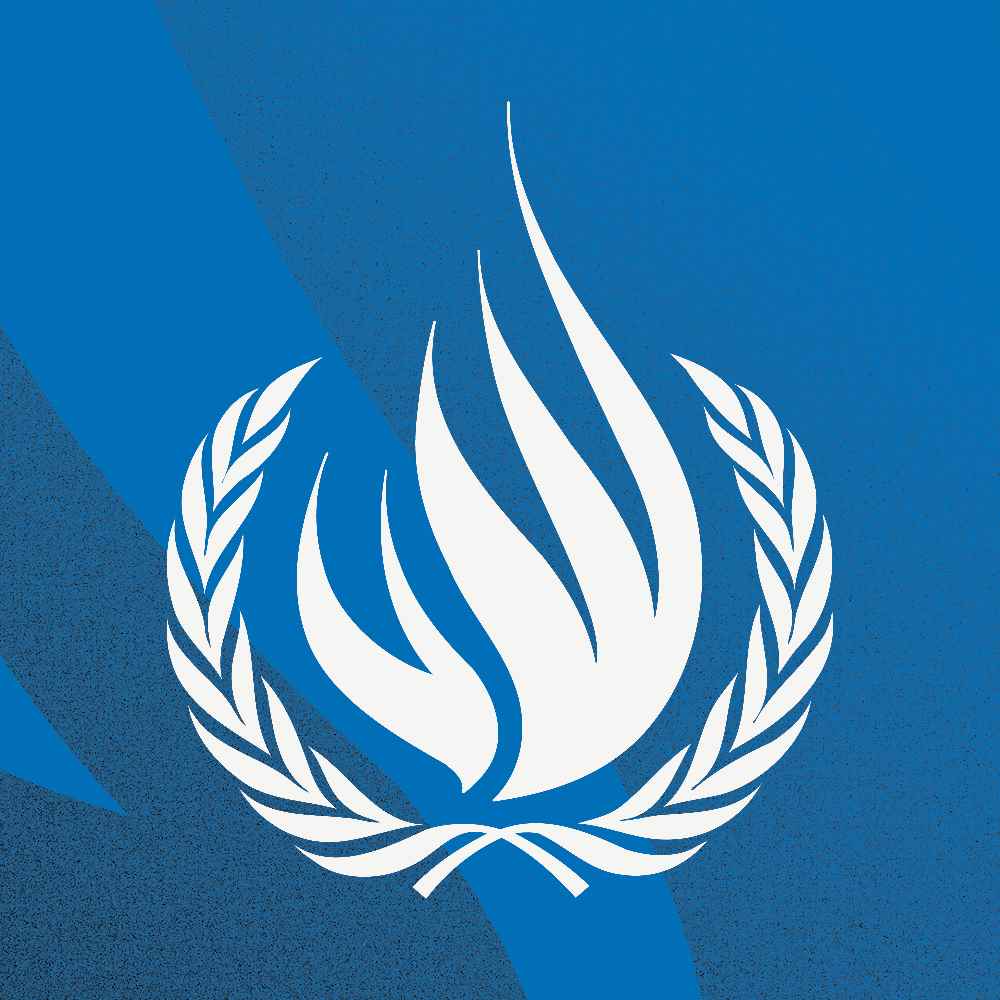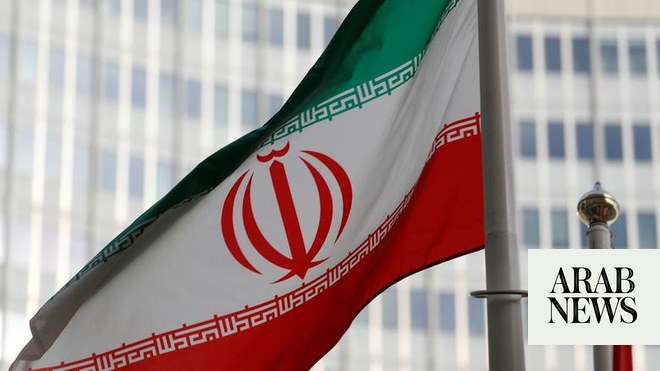
At least 209 people were executed in the country since January 1
LONDON: The UN High Commissioner for Human Rights Volker Turk said on Tuesday that Iran had executed a “frighteningly” high number of people so far this year, rising to more than ten per week on average.
At least 209 people were executed in the country since January 1, primarily for drug-related offenses, but a United Nations statement said the actual number is likely much higher.
UN experts also strongly condemned several recent executions, including Habib Chaab, a Swedish-Iranian national from the Ahwazi Arab minority, Yousef Mehrdad and Sadrollah Fazeli Zare, and warned that executions following flawed trials were tantamount to arbitrary deprivation of life under international law.
“Trials of some of these persons were marred by violations of due process guarantees in proceedings that fell short of international fair trial standards,” they said in a statement.
“Any death sentence undertaken in contravention of a government’s international obligations is unlawful and tantamount to an arbitrary execution.”
Turk added: “On average so far this year, over ten people are put to death each week in Iran, making it one of the world’s highest executors,” said Turk.
“At this rate, Iran is worryingly on the same track as last year when around 580 people were reportedly executed,” he added, calling this track record “abominable.”
Iran on Monday hanged two men on charges of spreading blasphemy on social media, prompting US condemnation and accusations from Amnesty International that the Islamic republic has reached a “new low” in a spree of executions.
On Saturday, Iran executed Swedish-Iranian dissident Chaab for “terrorism,” prompting sharp criticism from Sweden and the European Union.
“Expression – including criticism of religious leaders or commentary on religious doctrine and tenets of faith, that do not constitute advocacy of hatred or incitement to discrimination, hostility or violence – should never be criminalised, let alone result in state sanctioned executions,” the experts said. “Prohibitions of displays of lack of respect for a religion or other belief system, including blasphemy laws, are incompatible with the International Covenant on Civil and Political Rights,” they added.
They urged Iran to establish a moratorium on executions with a view to abolishing the death penalty.
The UN experts recalled that under international law, the death penalty can only be imposed and enforced for offences that meet the threshold of “most serious crimes”, and following a legal process that establishes all possible safeguards to ensure a fair trial. Exercising one’s rights to freedoms of thought, expression and assembly can never be classified as such.
“In Iran, authorities use the death penalty and execution as a tool of political repression against protesters, dissidents and minorities,” the experts said. “We urge Iranian authorities to amend the Constitution and the penal code to prohibit executions and commute all death sentences,” they said.
The UN added that at least 45 people, including 22 from the Baluch minority, were executed in the last 14 days alone, most on charges relating to drugs offenses.
“Imposing the death penalty for drug offenses is incompatible with international human rights norms and standards,” said Turk.
“The Human Rights Committee... is clear on prohibiting imposition of the death penalty for any but the ‘most serious crimes’ — crimes of extreme gravity, involving intentional killing. Drug offenses do not meet this threshold.”
* With AFP




